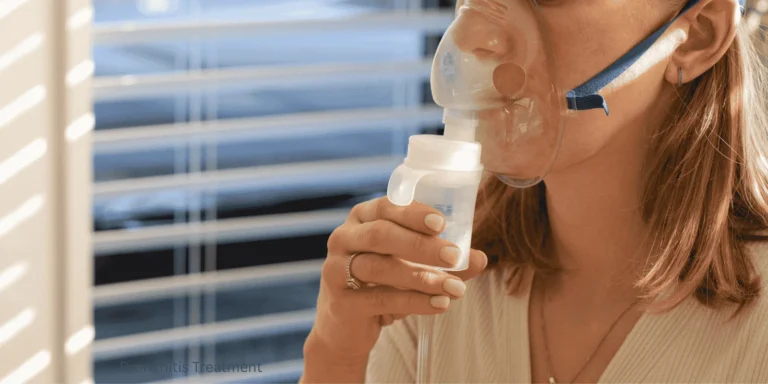Pharyngitis—inflammation of your throat—makes swallowing painful and leaves you feeling miserable. Most cases are viral and will improve on their own, but over-the-counter medications can make you much more comfortable while you heal.
Let me walk you through what actually works and what’s worth your money at the pharmacy.
Pain Relief Is Priority One
Ibuprofen and acetaminophen are your foundation medications for pharyngitis. They reduce both pain and inflammation in your throat.
I usually recommend ibuprofen first because it targets inflammation directly. Take 400 mg every 6-8 hours with food. The anti-inflammatory effect helps more than just masking pain—it actually reduces the swelling causing your discomfort.
Acetaminophen works well too if you can’t take ibuprofen due to stomach issues. Take it every 4-6 hours as needed, but don’t exceed 3,000 mg in 24 hours.
Throat Lozenges and Sprays
Lozenges with menthol or benzocaine provide temporary numbing and stimulate saliva production, which helps coat your irritated throat. They work for about 1-2 hours at a time.
Throat sprays containing phenol or benzocaine numb pain quickly. They’re particularly helpful right before meals when swallowing is most difficult.
I had a patient last month who couldn’t eat for two days because swallowing hurt so badly. Using a numbing spray 10 minutes before meals allowed her to get food down and maintain her strength while recovering.
Gargling Solutions
Warm salt water gargles are surprisingly effective and cost almost nothing. Mix half a teaspoon of salt in 8 ounces of warm water and gargle for 30 seconds several times daily.
This reduces swelling, loosens mucus, and temporarily soothes pain. It’s one of those old remedies that actually works.
What About Cough Suppressants?
If pharyngitis is causing a dry, irritating cough, dextromethorphan can help. Look for products with “DM” on the label.
But if your cough is productive—bringing up mucus—you don’t want to suppress it. Your body is clearing out irritants.
Antihistamines—Maybe
If post-nasal drip is contributing to your throat irritation, antihistamines might help. But if that’s not your problem, they can actually thicken mucus and make things worse.
Only use antihistamines if you have clear allergy symptoms along with your sore throat.
Decongestants for Related Congestion
If your pharyngitis came with nasal congestion, pseudoephedrine can help. It won’t directly treat your throat, but reducing post-nasal drip can decrease throat irritation.
What Doesn’t Work
Antibiotics won’t help viral pharyngitis, which is most cases. They only work for bacterial infections like strep throat.
Those “immune-boosting” supplements marketed for sore throats have minimal evidence supporting their effectiveness. Save your money.
Hydration Matters
Drink plenty of fluids—water, herbal tea, broth. Keeping your throat moist reduces pain and helps healing. Warm liquids feel especially soothing.
Avoid alcohol and caffeine as they can dehydrate you.
When You Need More Than OTC
If your sore throat lasts longer than a week, you have white patches on your tonsils, difficulty breathing or swallowing, or high fever, you need medical evaluation.
Through telemedicine, I can determine if you have strep throat or another bacterial infection requiring antibiotics. Most pharyngitis improves with these over-the-counter strategies within 5-7 days.












